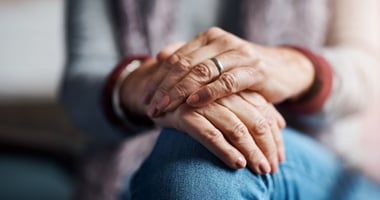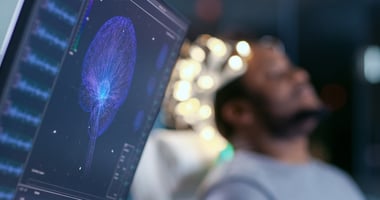SSRIs Don’t Appear to Increase Risk of Mania in Youth With Depression

Children and adolescents who begin taking antidepressants for depression appear no more likely to experience mania as those who don’t take antidepressants, according to a report in JAMA Psychiatry.
Unlike an older study that tracked the emergence of mania in youth taking antidepressants for about 10 months, Suvi Virtanen, Ph.D., of the Karolinska Institutet in Sweden and colleagues tracked mania outcomes in youth taking antidepressants for 12 weeks, which the authors noted “is the time window during which treatment-emergent mania is expected to occur.”
Virtanen and colleagues searched Swedish registries for children and youth between the ages of 4 and 17 years who had received a diagnosis for depression between July 2006 through the end of December 2019. Those who had prior diagnoses of mania, bipolar disorder, and/or psychosis were excluded from the analysis.
The study included 43,677 children and adolescents—24,573 who began antidepressant medication within 90 days of their diagnosis, and 19,104 who did not start taking antidepressants during this timeframe. (More than 95% of the youth who initiated antidepressants received selective serotonin reuptake inhibitors, or SSRIs.) Youth were categorized as experiencing mania after initiating antidepressant therapy if there was a record of a diagnosis of mania or bipolar disorder or they began taking lithium, valproate, or carbamazepine within 12 and 52 weeks of beginning antidepressants.
The researchers found that 96 youth experienced mania by 12 weeks and 291 experienced mania by 52 weeks. The cumulative incidence of mania was 0.26% in the treatment group and 0.20% in the control group at 12 weeks—a risk difference of 0.06%. The authors wrote, “We found a small risk difference only in the longer [52-week] follow-up analysis, suggesting that the risk increase may be attributable to factors other than the medication.”
Virtanen and colleagues noted several such factors that appeared to influence risk: “Hospitalizations, parental bipolar disorder, and use of antipsychotics and antiepileptics were the most important predictors of mania/hypomania by 12 weeks.”
“The findings offer reassuring evidence that manic symptoms arise with approximately equal frequency in younger people with depression whether or not they are treated with antidepressants,” wrote Krista F. Huybrechts, M.S., Ph.D., of Brigham and Women’s Hospital and Harvard Medical School and Mark Olfson, M.D., M.P.H., of Columbia University Vagelos College of Physicians and Surgeons in an accompanying editorial.
“Nevertheless, a careful clinical risk/benefit assessment remains essential prior to initiating antidepressant medications. When helping patients and families to make this important clinical decision, psychiatrists should urge restraint when the child or adolescent’s symptoms are not a substantial source of impairment or distress. Psychiatrists should also carefully consider whether the patient has a personal or family history of manic symptoms, other characteristics that predispose to mania, and … has received a trial of an evidence-supported psychotherapeutic intervention.”
(Image: iStock/FatCamera)
Nominations Invited for New Council on Women’s Mental Health
The new Council on Women’s Mental Health will become an official APA component in May 2024, replacing the Committee on Women’s Mental Health. APA members are invited to nominate themselves or a colleague with expertise in the council’s content area to reflect the breadth of diversity within the membership. The deadline is Wednesday, November 15.





